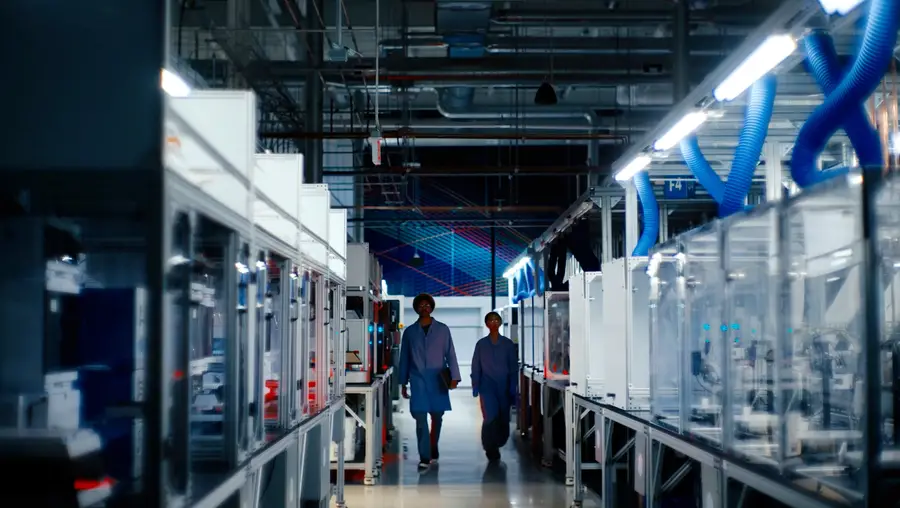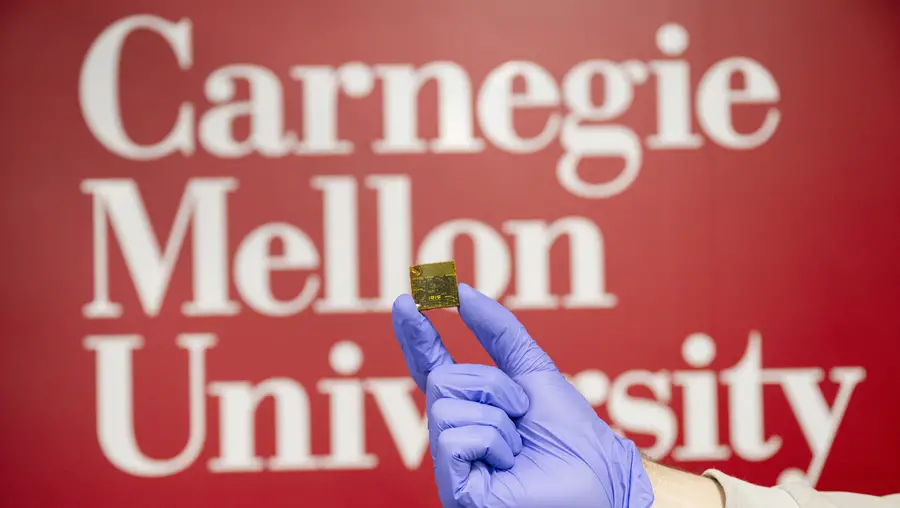
Akinci Appointed Dean of College of Engineering
Burcu Akinci, head of the Department of Civil and Environmental Engineering (CEE), has been appointed as the next dean of the College of Engineering at Carnegie Mellon University, effective Jan. 1, 2026.

Kurt Vonnegut’s Little-Known Carnegie Mellon Connection
Renowned literary figure Kurt Vonnegut trained at the Carnegie Institute of Technology through the U.S. Army in 1943.

Carnegie Mellon University Welcomes Second Cohort of Rales Fellows
The 34 CMU Rales Fellows in the 2025 cohort are exceptional scholars, creative innovators and purpose-driven leaders committed to making a meaningful impact in their fields and communities.

Physical Pursuits Help CMU Faculty Attain a Work-Life Balance that Matters
Whether it’s on the water, in the dojo or on wheels, the journey toward health and well-being is unique to these faculty at Carnegie Mellon University.

Eight Carnegie Mellon Students Named SoftBank Group–Arm Fellows
Eight Carnegie Mellon University Ph.D. students have received the SoftBank Group–Arm Fellowship to support research at the intersection of artificial intelligence and human collaboration.

Carnegie Mellon’s Hacking Team Wins Fourth Straight, Record Ninth Overall DEF CON Capture-the-Flag Title
Carnegie Mellon University's Plaid Parliament of Pwning (PPP), the winningest team in DEF CON’s Capture-the-Flag (CTF) competition history, won its fourth consecutive title, earning its ninth victory in the past 13 years.

Carnegie Mellon Research Forecasts Nation’s AI Energy Needs
At Carnegie Mellon University, researchers are building sophisticated models to forecast the impact on the nation's power grid and to forge the path toward resilient, cost-effective and low-emission energy systems.

Power Shift: How CMU Is Leading America’s Energy Evolution
From reimagining AI data centers to modernizing and securing the electric grid, CMU researchers are working on practical solutions to pressing challenges in how the U.S. produces, moves and secures energy.

Iris Lunar Dream Capsule Will Head to Moon on Next Astrobotic Lander
Members of the Iris team have assembled the Iris Lunar Dream Capsule, a tiny payload that will launch aboard Griffin-1, the next lunar lander from Carnegie Mellon spinout Astrobotic. The capsule — smaller than a matchbox — contains the names of team members and supporters, messages and stories, photos, a mini Iris, and a bit of the Moonyard from Carnegie Mellon Mission Control.